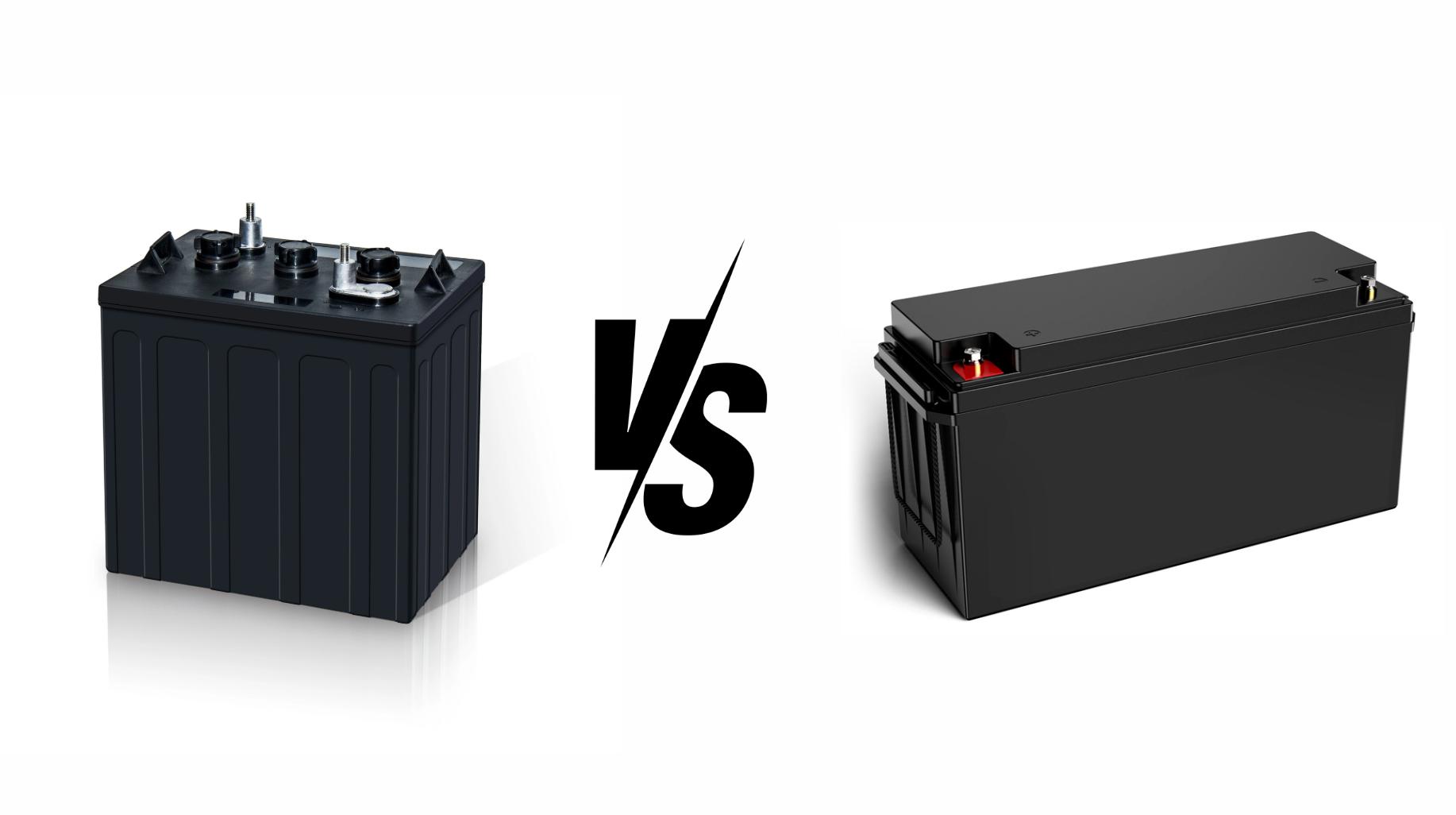While lithium-ion batteries are widely recognized for their efficiency and performance, alternatives like solid-state batteries, sodium-ion batteries, and flow batteries are emerging as potential competitors. Each technology has unique advantages, such as safety, cost-effectiveness, and environmental impact, which may make them preferable in specific applications.
Comparative Analysis of Battery Technologies
1. Solid-State Batteries
Solid-state batteries utilize solid electrolytes instead of liquid ones, enhancing safety and energy density.
| Feature | Solid-State Batteries | Lithium-Ion Batteries |
|---|---|---|
| Energy Density | Higher | Moderate |
| Safety | Excellent | Good |
| Cost | Currently High | Lower |
Solid-state technology promises greater safety and efficiency, making it an attractive option for electric vehicles and portable electronics.
2. Sodium-Ion Batteries
Sodium-ion batteries use sodium ions instead of lithium, making them potentially more sustainable.
| Feature | Sodium-Ion Batteries | Lithium-Ion Batteries |
|---|---|---|
| Resource Availability | Abundant | Limited |
| Cost | Lower | Higher |
| Energy Density | Moderate | High |
With abundant sodium resources, these batteries could offer a more sustainable solution for large-scale energy storage.
3. Flow Batteries
Flow batteries store energy in liquid electrolytes, allowing for scalable energy storage solutions.
| Feature | Flow Batteries | Lithium-Ion Batteries |
|---|---|---|
| Scalability | Excellent | Limited |
| Lifespan | Longer | Moderate |
| Efficiency | Moderate | High |
Flow batteries are particularly suitable for grid storage applications due to their scalability and long cycle life.
Latest News
- Recent advancements in solid-state battery technology have shown promise for electric vehicles, with companies like Toyota announcing breakthroughs that could lead to commercial production.
- Sodium-ion battery research is gaining traction, with several startups exploring cost-effective production methods to make this technology viable for consumer electronics.
- Flow battery systems are being deployed in renewable energy projects, providing reliable energy storage solutions to balance supply and demand.
Redway Expert Comment
At Redway Battery, we understand the evolving landscape of battery technologies. While lithium-ion remains a leading choice due to its performance and versatility, emerging alternatives like solid-state and sodium-ion batteries hold significant potential for specific applications. Our commitment to innovation ensures we stay at the forefront of battery technology advancements, providing tailored solutions for our clients.”
The discussion of battery alternatives directly relates to Redway Battery’s focus on producing high-performance Forklift Batteries and other lithium LiFePO4 solutions. Our expertise in lithium technology positions us well to adapt to emerging trends and innovations in the battery sector.
Recommended Product: Redway Battery Lithium Forklift Battery
For clients or importers seeking wholesale or OEM solutions, we recommend our Redway Battery Lithium Forklift Battery. This product leverages advanced lithium technology to deliver exceptional performance and longevity in demanding applications.
Top 5 Alternatives or Competitors
When considering alternatives to lithium-ion batteries, here are five notable competitors alongside Redway Battery:
| Brand | Battery Type | Lifespan | Lithium Option Available? |
|---|---|---|---|
| Redway Battery | Lithium LiFePO4 | 5-10 years | Yes |
| Toyota | Solid-State | 10+ years | No |
| Faradion | Sodium-Ion | 5-10 years | No |
| Vanadium Flow | Flow Battery | 10+ years | No |
| Samsung SDI | Lithium-Ion | 5-10 years | Yes |
In conclusion, while lithium-ion batteries dominate the market due to their efficiency and versatility, emerging technologies such as solid-state, sodium-ion, and flow batteries present compelling alternatives that could redefine energy storage solutions. As the industry evolves, Redway Battery remains committed to providing high-quality products that meet the diverse needs of our customers.



